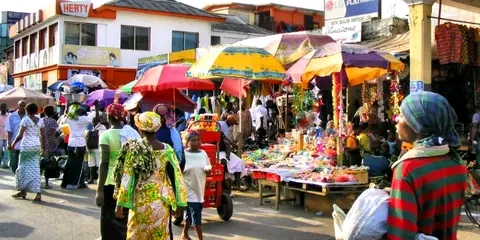In June 2022, when Ghana approached the IMF for a $3 billion bailout package, it was because the country’s gross international reserves had begun to deplete so rapidly that it placed enormous pressure on the cedi, making it extremely difficult to meet its import bills.
According to the 2023 International Monetary Fund Regional Economic Outlook Report, Ghana’s international reserves will end in 2023 at nearly three weeks of import cover (0.8 months).
Zimbabwe (0.2 months), South Sudan (0.5 months) and Ethiopia (0.6 months) are the only countries expected to record import cover lower than Ghana.
Ghana’s reserves have been under extreme pressure from the demand and supply side of the foreign exchange market.
On the demand side, Ghana has experienced a surge in imports in recent years, driven by the expansion of public and private investment, particularly in the oil and gas sector.
On the supply side, Ghana has faced a decline in export earnings due to lower commodity prices and production disruptions caused by the COVID-19 pandemic and Russia’s invasion of Ukraine.
Numerous downgrades also forced the country out of the Eurobond market.
For the past six years, Ghana has survived on inflows from the capital market, where it usually sees an average of $1 billion to help manage protracted balance of payment challenges.
Source:Mybrytfmonline.com/Kwabena Nyarko Abronoma




















































